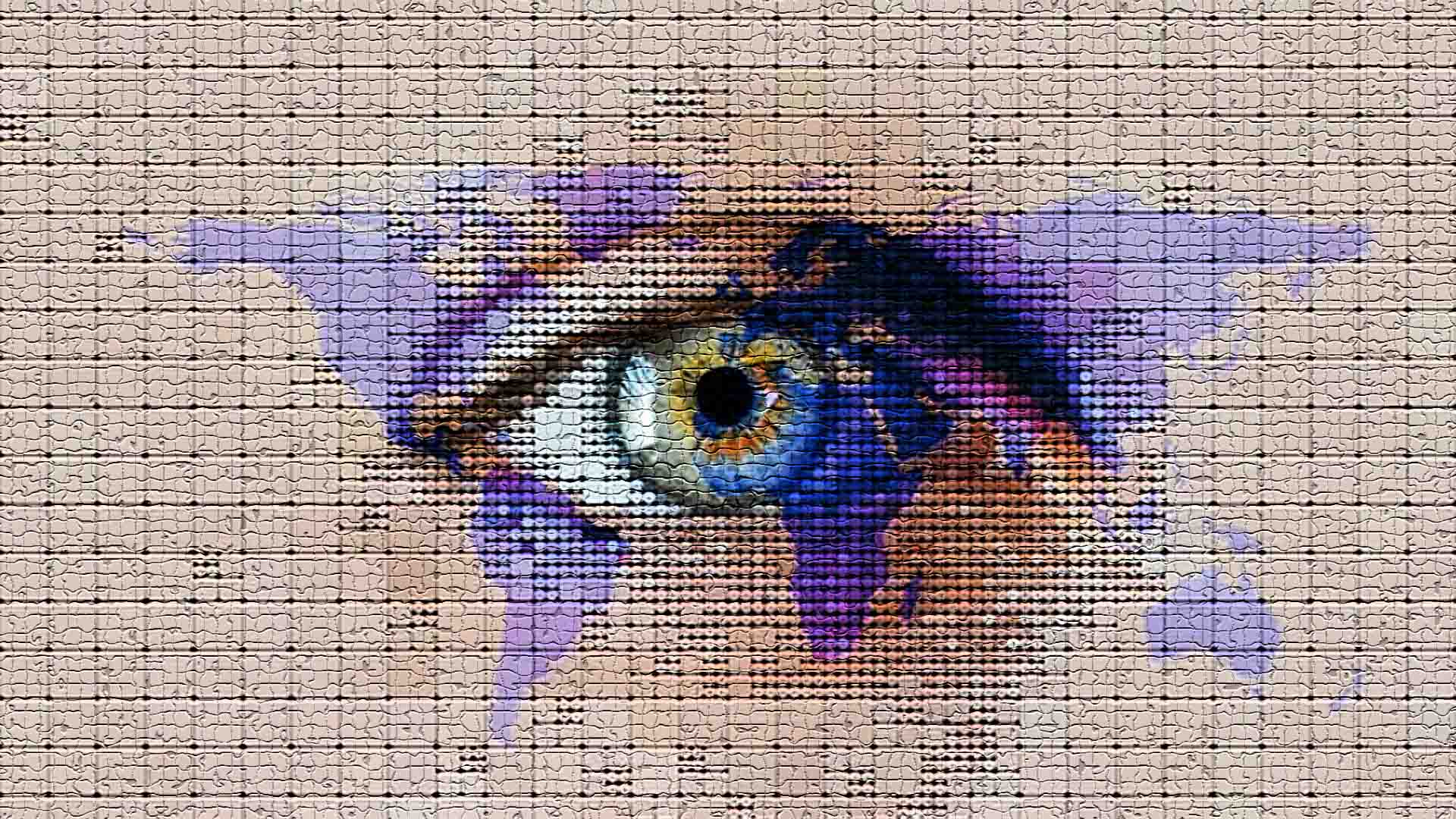-
Gautama Buddha's Simile of "Plantain tree" for Mental-formations
The five aggrigates
-
Gautama Buddha's Simile of "magical illusion" for Consciousness
The five aggrigates
Can Modern Science explain 'the real world'
==

The short answer is that the external world we perceive through our senses may not be as "real" or directly accessible as it appears. Here's a deeper exploration of this:

What humans persieve is their subjective perception of the world based on sensory input and cognitive processes. It is shaped by individual experiences, biases, and interpretations. Is it the Real world? The stark truth might be quite different
Does modern science endorse what you perceive as your Real world?
The popular concept among us are to think that "it is the eyes that see the outside world". The question is "is the outside world you see as real in front of your eyes really exist ?" The modern science and scientists have answers for these which will be difficult for you to absorb unless you try to reset or unlearn the knowledge gained from the old school. Read the following to have a better understanding how things stand.
Here we raise a fascinating and profound question about the nature of reality and our perception of the external world. This is a topic that has been extensively explored in philosophy, neuroscience, and cognitive science, and the modern scientific understanding challenges the common intuition that "the eyes see the outside world"
The short answer is that the external world we perceive through our senses may not be as "real" or directly accessible as it appears. Here's a deeper exploration of this:
Perception and neural processing:
Our senses (vision, hearing, touch, etc.) do not directly capture the external world. They simply detect certain physical stimuli (light, sound, pressure, etc.) and convert them into electrical signals that are processed by the brain.
The brain then interprets these neural signals, constructing an internal representation of the external world. This representation is not a direct copy of reality, but rather an interpretation based on the brain's processing mechanisms.
Subjectivity and interpretation:
The way the brain interprets sensory information is influenced by various factors, such as our past experiences, beliefs, and cognitive biases. This means that the "reality" we perceive is inherently subjective and may differ from person to person.
Neuroscientific research has shown that the brain actively constructs and reconstructs our perceptual experience, rather than merely passively receiving and reflecting the external world.
Limits of perception:
Our senses are limited in their ability to detect the full spectrum of physical phenomena. For example, we cannot directly perceive infrared or ultraviolet light, or most of the electromagnetic spectrum.
There are also many aspects of the physical world that exist at scales too small or too large for our senses to apprehend directly, such as the subatomic world or the vast cosmic structures.
The role of models and theories:
Modern science has revealed that the "reality" we experience is not the same as the underlying physical reality described by scientific theories and models, such as quantum mechanics and relativity.
These scientific models provide a more comprehensive and accurate understanding of the physical world, but they also challenge our intuitive perceptions and the common-sense notion of "reality."
In light of these insights, the common belief that "the eyes see the outside world" becomes problematic. The external world we perceive is not a direct, unmediated reflection of reality, but rather a construction of the brain based on the limited and subjective information it receives from the senses.
This does not mean that the external world does not exist or that our perceptions are entirely disconnected from it. Rather, it suggests that our understanding of reality is necessarily shaped by the limitations and biases of our perceptual and cognitive systems. Embracing this perspective can lead to a more nuanced and humble understanding of the nature of reality and our place in the world.
We think the world is real. Modern science thinks otherwise.
.jpg)
Modern science has revealed that the "reality" we experience is not the same as the underlying physical reality described by scientific theories and models, such as quantum mechanics and relativity.
.
Developing an inquiring mind
.jpg)













